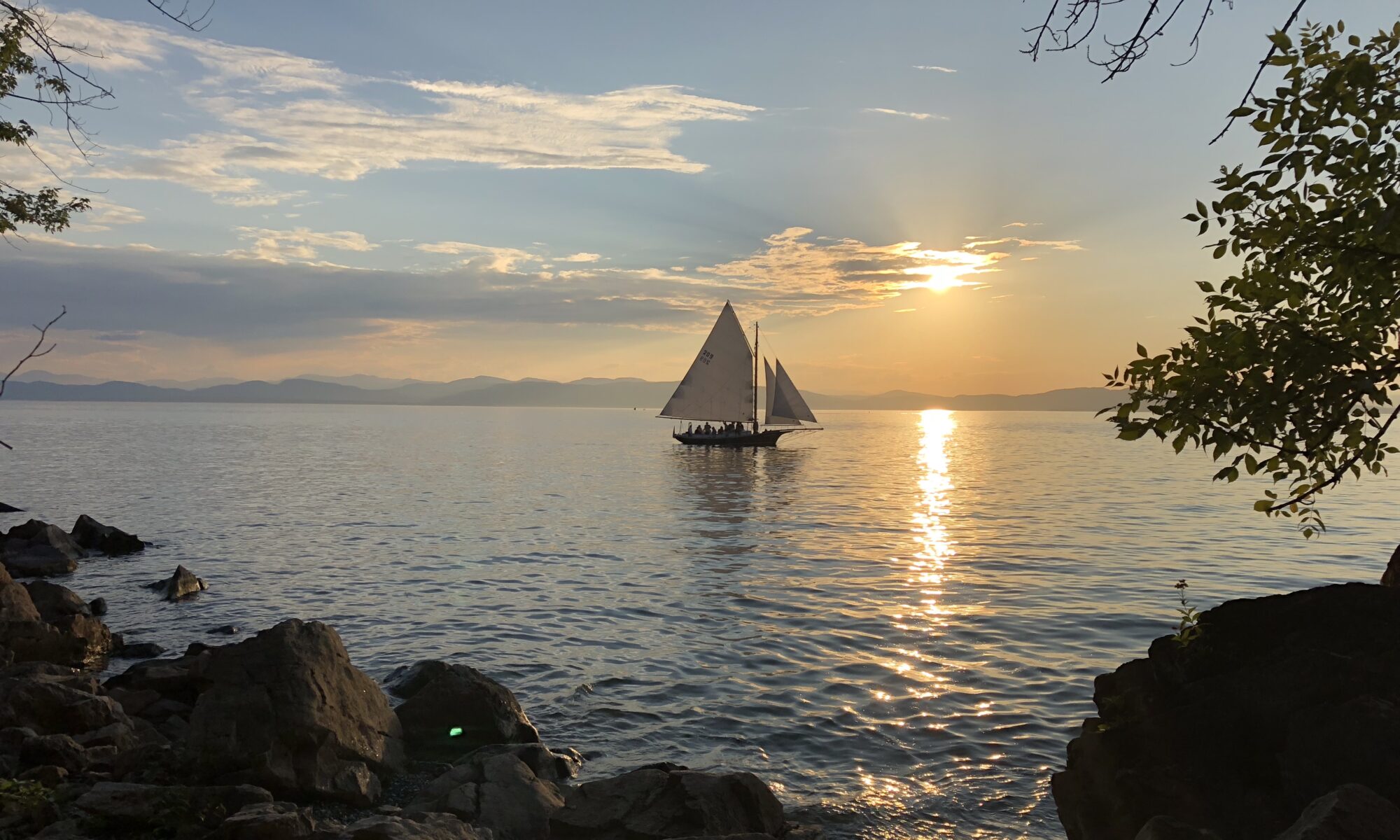I am currently a postdoc after completing my PhD in March 2021. I have been a member of the WESP lab for a few years now as Kris was my advisor during my PhD and I enjoy continuing to meet with the group now during my postdoc. My primary position is as the Department of Homeland Security (DHS) Flood-Apex postdoc at CUAHSI (the Consortium of Universities for the Advancement of Hydrologic Science, Inc. – say that five times fast). I am also an Affiliate of RSENR at UVM and a Visiting Scholar/postdoc at Northeastern University’s Global Resilience Institute (GRI). My research focuses on combining the study of coastal resilience with a food-energy-water nexus approach (or, more broadly, a lifeline systems nexus approach), mainly in the context of resilience planning and policy. In general, I love applied research that can have real-world impact.
As a postdoc, I spend my days in many ways and work on a variety of projects. Earlier this fall I put together and hosted a Cyber Seminar Series for CUAHSI on urban flood resilience, in which I compiled a lineup of speakers to showcase interdisciplinary research and how many different fields tackle one of the world’s most prevalent disasters. I am also currently working on a systematic literature review to investigate resilience as transformation in the context of disasters. I am particularly interested to see what kind of consensus or disagreements there are in the field around how to conceptualize resilience as transformation and if any action has shown to be successful in building transformational resilience. I was also recently the lead author of the Community Development chapter of the Vermont Climate Assessment 2021, which was released in November.
Most recently, I have entered the world of grant writing. Earlier this year, I received my first grant from UCAR’s COMET program, which seeks to develop collaborative research to investigate how the National Water Center’s National Water Model can have real world application. My project, which began in September, seeks to investigate how the National Water Model could be used in community resilience planning. We are preparing to begin a series of interviews and a collaborative session between resilience stakeholders and NWC staff in January 2022. At GRI, I was asked to step in to help coordinate several larger proposals – one for NOAA’s Climate Smart Communities Initiative and another for USAID. Each of these proposals seeks to apply a co-learning methodology (treating academics and community members as equals – each having a portion of the necessary knowledge) with an emphasis on justice and equity to facilitate community climate resilience planning. Learning how to write and coordinate grants has been like drinking from a fire hose, but I have learned a lot and have very much enjoyed the process. It is actually quite fun to brainstorm cool research ideas with other scientists and then write them into a plan. Fingers crossed some of these proposals will be successful!
